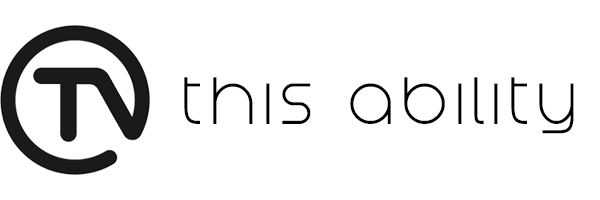Throughout history, hope has been viewed favourably, as virtually essential to our welfare. True, many writers have inveighed against “false hope.” But it’s generally been perceived as a positive, almost essential, motivating force. And in any case, it seems inextricably woven into the fabric of human nature. Otherwise, without hope, no one is ready to stay in this world.
A connection between hope and humans has very beautifully been presented by Samuel Becket. One of the most gravitational components of Waiting for Godot was the blatantly honest portrayal of man’s loss and hopelessness. Vladimir and Estragon wait for Godot who may symbolize hope and salvation, but Godot doesn’t come. They continue waiting hopelessly and nothing seems significant as they lose faith in God, society, moral values and in themselves. They have become hopeless, and drift in their lives, sadly an element which can surface in any of our lives despite our circumstances. When one gives up waiting for Godot, the second gives hope. When second gives up, first motivates him and it continues in this way.
But is being too be hopeful in bad times just foolishly romantic? Does hope only help in the short term by making a tough present situation more bearable?? If we focus too much on hope and not on action?? Does hope makes us passive, frozen, powerless?
It can be argued hope can eventually improve our lives because envisioning a better future motivates you to take the steps to make it happen. Or is it the opposite? Without us knowing we start getting attached to these hopes thus sabotaging our own development. Does passively hoping for a desired outcome relinquish any responsibility for making it happen. Furthermore, these attachments become our greatest fears.
For a long time, I hoped I would walk again, and I spent so much energy on that hope it consumed me and devoured me whole. Hope can be a cruel and bitter emotion that won’t leave you alone. As the acclaimed German philosopher Nietzsche overstated the case: “Hope in reality is the worst of all evils because it prolongs the torments of man.”
In this sense, is it much better to consciously restrain our hopes so we can also limit the hurt that a defeat, failure, or setback is likely to engender??
I’m not suggesting don’t hope at all, but it comes a point when you must be realistic about your expectations and your expectations of hope. The news my consultant gave me was bad, even in some respects hopeless, but it allowed me to know what I was dealing with. And then ultimately cope. Was it better, that is, to accept the world as unfair and then focus on what may be possible to change??At least that was my rational.
That’s what I did; I changed my perception of what I was aspiring for. I would not walk again but I hoped to be as independent as possible, to be as happy as possible. I focused my plans (eventually) toward the sort of hope that was achievable and possible. I reached a dilemma stage, similar to what happens with addicts and alcoholics. For them it’s called ‘hitting bottom.’ This is when there’s no way around taking some action on the problem. I needed to move forward and let go of hope….
If I wanted to succeed and feel fulfilled in life, I had to temper the idealism that “grants” us hope with the hard, unalterable facts of reality.
I was and am paralyzed now and forever.
All I know at that stage hope ceased and living began. This was about 3years into my injury. I set about rebuilding my life as best I could. I took slow and steady steps to heal, to grow and to adapt to all aspects of my life.
